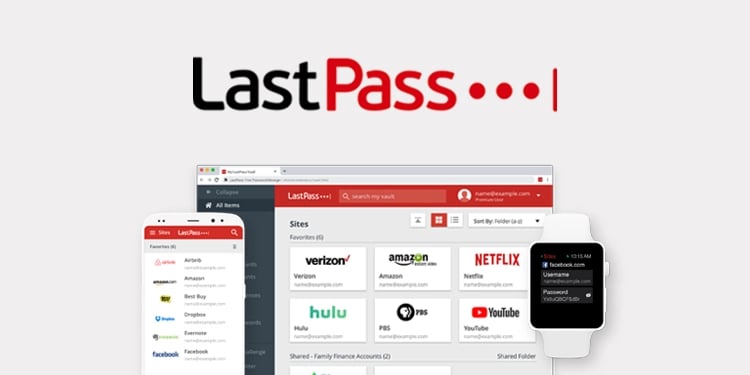We're in an age of technology and the number of passwords most people are required to remember has become overwhelming. Whether for email or online banking, social media or shopping vendors, it's hard to keep track of them all.
When you factor in their varying degrees of complexity - or consider that we're advised to have a unique password for every site, app and device we use - the task becomes nearly impossible. We need help!
Are we to be saved in this digital age by another tech solution requiring a password? Or has a traditional method re-emerged as sensible once again?
The Password Book
In the early years of computers and internet technology, "Don't write down your password!" was common advice.
But as time's moved on and the digital sphere's grown to encompass many work and leisure pursuits, the guidance needs revisiting.
In a 2022 article for the Wall Street Journal - citing a global survey from password manager Bitwarden - 32% of respondents said they sometimes write down their passwords.
Let's be honest, we're not all technically minded, and remembering important things by writing them down is a tried and tested means of recording information.
To be clear, we're not saying to stick a password post-it note to the side of your computer in a busy office. This is not advisable!
Work passwords should be managed following your employer's information security policy. And all critical passwords such as email, banking and social media should have 2FA enabled.
Nevertheless, if all remaining personal passwords are stored securely in a handwritten password book in your home, a distant cyber criminal on the internet is unlikely to get access to it. Even with hackers closer to home, from a physical risk perspective, it's just not worth it.
Unconnected to the internet, this management plan allows you to choose strong and unique passwords every time - without the fear of forgetting them.
The Password Manager

A password manager is your own digital password book. It will hold all your passwords in a special online vault, usually requiring only one master password to open it.
The usefulness of a password manager doesn't stop there. Most password managers will generate strong passwords for you, so you no longer have to create passwords like fn5Nj2&nd0+ to protect each account.
You can auto-fill your passwords when logging into accounts and enjoy the advantage of cross-device syncing with most managers.
Password managers are convenient, and you'd think they'd be a no-brainer, but recent high-profile breaches such as password manager LastPass in 2022 have caused alarm among the cyber security community.
Truth be told, lots of people were already hesitant about trusting a digital tool with their precious passwords, as one survey found 65% of Americans don't trust using password managers.
In conclusion…
You will never achieve 100% security when it comes to passwords, but on balance, it feels safer writing passwords into a book that you can physically hold onto and put somewhere discrete.
Nevertheless, password managers have a lot to offer in terms of convenience and efficiency. The best option may be down to each person's own personal choice.
As biometrics develop, we could be on our way to a password-less future - but for now, the best thing you can do for your online security is to use strong passwords, enable 2FA wherever possible (and definitely for your main accounts) and think carefully about the value of passwords you're storing - before you decide on the best place for them!


